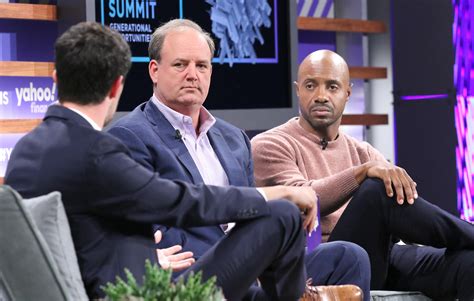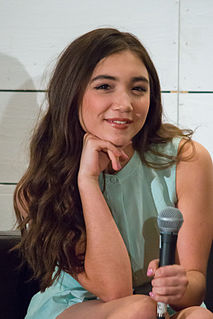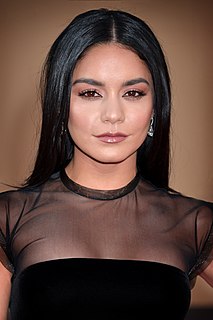A Quote by Ayad Akhtar
I consider myself to have been formed by a lot of the locutions and aesthetics and principles of the Muslim way of life, and those are an important part of my childhood and my identity.
Related Quotes
Actually I'm more culturally Muslim than religiously but being Muslim is an important part of my identity. As Muslim, I feel it's important to counter any form of bigotry, be it anti-Semitism, homophobia, racism, etc. These forms of hate share a common denominator of misinformation and intentional fear mongering.
Beauty has never been an important topic in the writings of the major psychologists. In fact, for Jung, aesthetics is a weak, early stage of development. He follows the Germanic view that ethics is more important than aesthetics, and he draws a stark contrast between the two. Freud may have written about literature a bit, but an aesthetic sensitivity is not part of his psychology.
The identity of just one thing, the "clash of civilization" view that you're a Muslim or a Hindu or a Buddhist or a Christian, I think that's such a limited way of seeing humanity, and schools have the opportunity to bring out the fact that we have hundreds of identities. We have our national identity. We have our cultural identity, linguistic identity, religious identity. Yes, cultural identity, professional identity, all kinds of ways.
I would consider myself American in the way of what the actual idea that's in the Constitution is, not the way that it's performed: All men are created equal, freedom for all, that's something that I obviously believe in. I don't consider myself American because I'm not sure if those are the values that we actually prioritize as much as we need to, but I consider myself American if you look at the Constitution.
You're investing in a different part of your life that is really important. It's not as important when you're a kid and you don't require sleep, and you don't get hung over, and you can fire on all cylinders. At 32 I don't consider myself old by any means, but you just find yourself in a place where you can't do everything the way you once did, and you have to take time to reflect and I think that's really important, because you get to appreciate what you have, and to enjoy it.
I'm free to see things objectively because I don't consider myself American, and I don't consider myself British or Indian. I'm kind of an amalgam or mongrel of a lot of different places and experiences. In a lot of ways it's been a good thing for me. It's enabled me to do what I do on 'The Daily Show.'





































